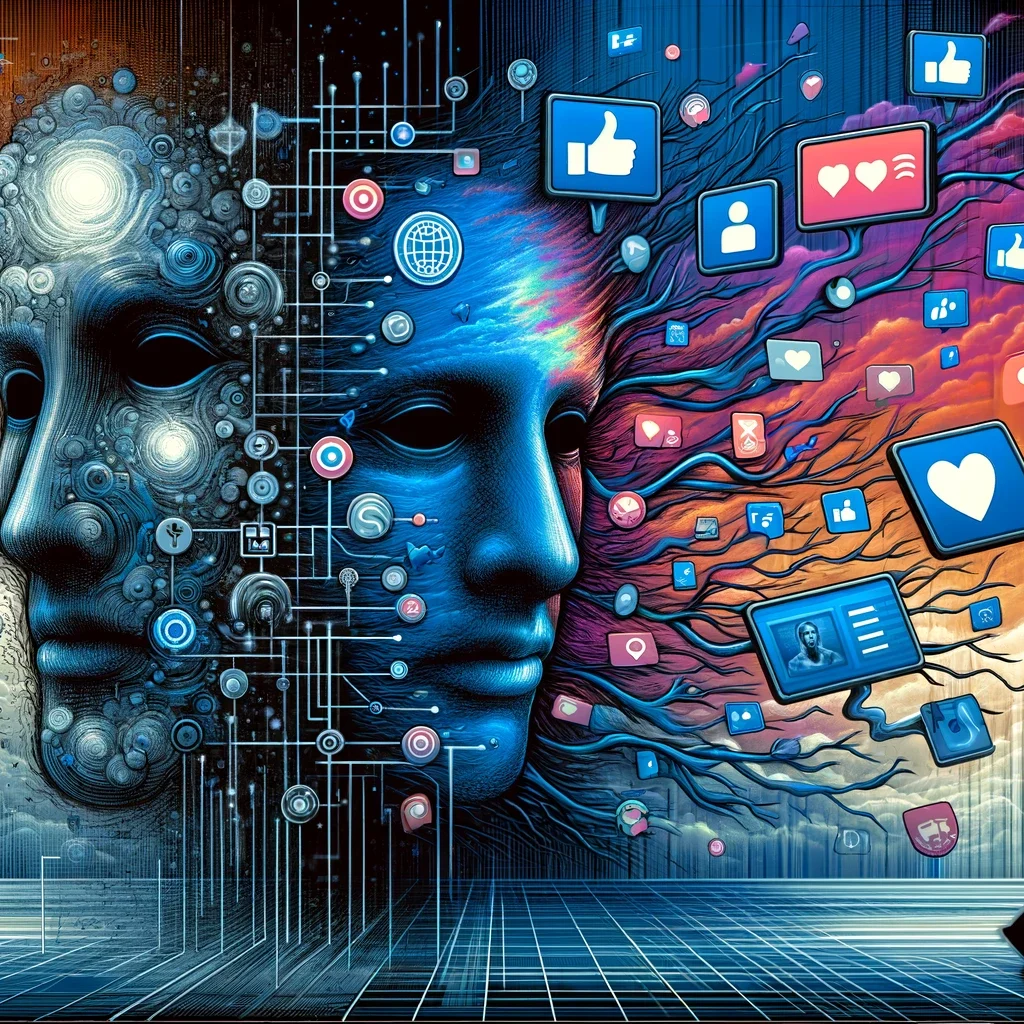The technological landscape is undergoing rapid transformation as advancements in artificial intelligence (AI), biotechnology, robotics, and more, shape the future. Innovations continue to emerge, pushing boundaries and redrawing expectations, and with them, come both hopes and concerns.
Advancements in AI
OpenAI’s Chief Scientist, Ilya Sutskever, recently expressed his confidence in the progression of AI technologies. He emphasizes the speed at which AI has grown and the potential it holds for the future. ChatGPT, a product of OpenAI, has redefined many prior assumptions about artificial intelligence. What was previously considered impossible is now a testament to the exponential growth AI has experienced in a short span.
Furthermore, companies like Boston Dynamics are integrating AI-driven conversational models like ChatGPT into their robotics. This blend of hardware and software is opening doors to versatile robotic interactions. Their robot, Spot, equipped with ChatGPT, showcases a range of personalities and responses, shedding light on the vast possibilities for the future of robotics.
However, with advancements come valid concerns. ChatGPT’s widespread usage has drawn parallels with the 2013 film, “Her”, raising questions about the boundary between human-machine interaction. While OpenAI ensures that interactions remain impersonal, the reality is that people are engaging in extended conversations with AI, showcasing its potential in the social space.
Gene-editing: A potential revolution in medicine
Biotechnology is yet another sector experiencing ground-breaking progress. Excision BioTherapeutics, a pioneering biotech firm, is venturing into uncharted territories by experimenting with gene-editing tools to potentially cure HIV. By integrating the tool into patients and targeting the virus, they aim to bring revolutionary treatment techniques to the forefront. The outcome remains uncertain, but the boldness of the attempt signifies how biotech is pushing the envelope in healthcare.
Navigating the autonomous transport era
The transportation sector is also witnessing significant shifts. Waymo, a frontrunner in autonomous vehicles, has collaborated with Uber in Phoenix, offering customers an option to choose an autonomous ride. This partnership underscores the steady integration of self-driving technology into mainstream services.
Contrastingly, Cruise, General Motors’ autonomous vehicle unit, has temporarily halted operations. Safety concerns flagged by California regulators prompted this move, emphasizing the balance companies must strike between innovation and public safety.
On the global front, the shift from non-renewable resources to sustainable energy is gaining momentum. The world’s primary energy agency predicts a peak in demand for fossil fuels like coal, oil, and gas by 2030. This potential change is attributed to nations promoting cleaner energy alternatives, indicating a global consciousness towards a sustainable future.





